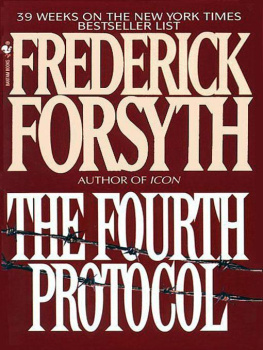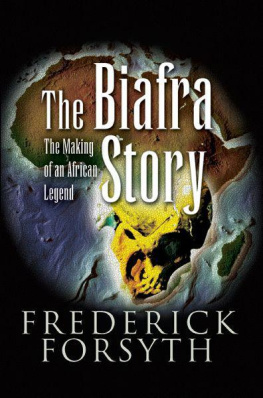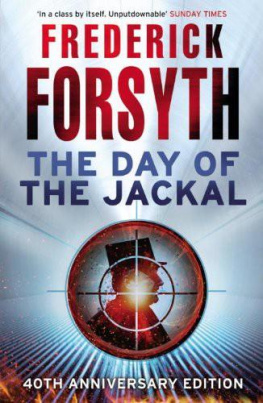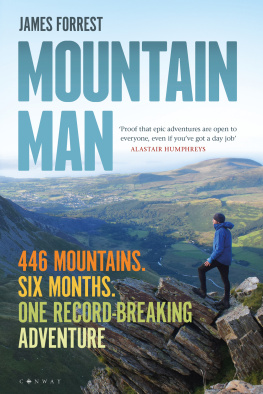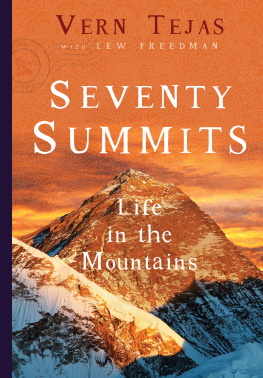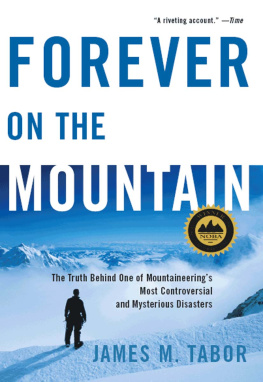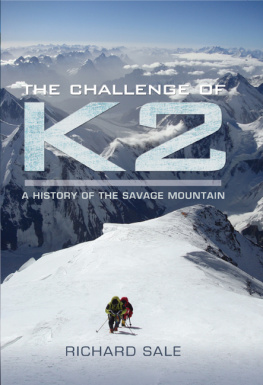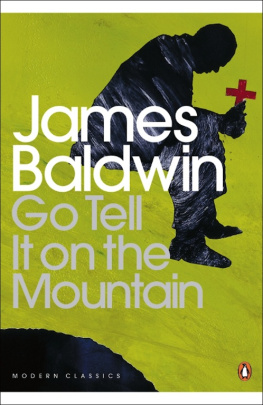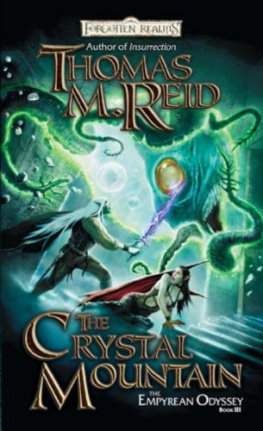The Dogs Of War
Frederick Forsyth
1974
PART ONE - The Crystal Mountain
There were no stars that night on the bush airstrip, nor any moon; just the West African darkness wrapping round the scattered groups like warm, wet velvet. The cloud cover was lying hardly off the tops of the iroko trees, and the waiting men prayed it would stay a while longer to shield them from the bombers.
At the end of the runway the battered old DC-4, which had just slipped in for a landing by runway lights that stayed alight for just the last fifteen seconds of final approach, turned and coughed its way blindly toward the palm-thatch huts.
Between two of them, five white men sat crouched in a Land Rover and stared toward the incoming aircraft. They said nothing, but the same thought was in each mans mind. If they did not get out of the battered and crumbling enclave before the forces of the central government overran the last few square miles, they would not get out alive. Each man had a price on his head and intended to see that no man collected it. They were the last of the mercenaries who had fought on contract for the side that had lost. Now it was time to go. So they watched the incoming and unexpected cargo plane with silent attention.
A Federal MIG-17 night fighter, probably flown by one of the six East German pilots sent down over the past three months to replace the Egyptians, who had a horror of flying at night, moaned across the sky to the west. It was out of sight above the cloud layers.
The pilot of the taxiing DC-4, unable to hear the scream of the jet above him, flicked on his own lights to see where he was going, and from the darkness a voice cried uselessly, Kill de lights! When the pilot had got his bearings, he turned them off anyway, and the fighter above was miles away. To the south there was a rumble of artillery where the front had finally crumbled as men who had had neither food nor bullets for two months threw down their guns and headed for the protecting bush forest.
The pilot of the DC-4 brought his plane to a halt twenty yards from the Superconstellation already parked on the apron, killed the engines, and climbed down to the concrete. An African ran over to him and there was a muttered conversation. The two men walked through the dark toward one of the larger groups of men, a blob of black against the darkness of the palm forest. The group parted as the two from the tarmac approached, until the white man who had flown in the DC-4 was face to face with the one who stood in the center. The white man had never seen him before, but he knew of him, and, even in the darkness dimly illumined by a few cigarettes, he could recognize the man he had come to see.
The pilot wore no cap, so instead of saluting he inclined his head slightly. He had never done that before, not to a black, and could not have explained why he did it.
My name is Captain Van Cleef, he said in English accented in the Afrikaner manner.
The African nodded his acknowledgment, his bushy black beard brushing the front of his striped camouflage uniform as he did so.
Its a hazardous night for flying, Captain Van Cleef, he remarked dryly, and a little late for more supplies.
His voice was deep and slow, the accent more like that of an English public-school man, which he was, than like an African. Van Cleef felt uncomfortable and again, as a hundred times during his run through the cloudbanks from the coast, asked himself why he had come.
I didnt bring any supplies, sir. There werent any more to bring.
Another precedent set. He had sworn he would not call the man sir. Not a kaffir. It had just slipped out. But they were right, the other mercenary pilots in the hotel bar in Libreville, the ones who had met him. This one was different.
Then why have you come? asked the general softly. The children perhaps? There are a number here the nuns would like to fly out to safety, but no more Caritas planes will come in tonight.
Van Cleef shook his head, then realized no one could see the gesture. He was embarrassed, and thankful that the darkness hid it. Around him the bodyguards clutched their submachine carbines and stared at him.
No. I came to collect you. If you want to come, that is.
There was a long silence. He could feel the African staring at him through the gloom, occasionally caught a flash of eye-white as one of the attendants raised his cigarette.
I see. Did your government instruct you to come in here tonight?
No, said Van Cleef. It was my idea.
There was another long pause. The bearded head was nodding slowly in what could have been comprehension or bewilderment.
I am very grateful, said the voice. It must have been quite a trip. Actually I have my own transport. The Constellation. Which I hope will be able to take me away to exile.
Van Cleef felt relieved. He had no idea what the political repercussions would have been if he had flown back to Libreville with the general.
Ill wait till youre off the ground and gone, he said and nodded again. He felt like holding out his hand to shake, but did not know whether he ought. If he had but known it, the African general was in the same quandary. So he turned and walked back to his aircraft.
There was silence for a while in the group of black men after he had left.
Why does a South African, and an Afrikaner, do a thing like that, General? one of them asked.
There was a flash of teeth as the general smiled briefly. I dont think we shall ever understand that, he said.
A match spluttered as another cigarette was lit, the glow setting for a parting instant into sharp relief the faces of the men in the group. At the center was the general, taller than all but two of the guards, heavily built with burly chest and shoulders, distinguishable from others at several hundred yards by the bushy black beard that half the world had come to recognize.
In defeat, on the threshold of an exile he knew would be lonely and humiliating, he still commanded. Surrounded by his aides and several ministers, he was as always slightly aloof, withdrawn. To be alone is one of the prices of leadership; with him it was also a state of reflex.
For two and a half years, sometimes by sheer force of personality when there was nothing else to employ, he had kept his millions of people together and fighting against the central Federal Government. All the experts had told the world they would have to collapse in a few weeks, two months at most. The odds were insuperable against them. Somehow they had kept fighting, surrounded, besieged, starving but defiant.
His enemies had refuted his leadership of his people, but few who had been there had any doubts. Even in defeat, as his car passed through the last village before the airstrip, the villagers had lined the mud road to chant their loyalty. Hours earlier, at the last meeting of the cabinet, the vote had asked him to leave.
There would be reprisals in defeat, the spokesman for the caucus said, but a hundred times worse if he remained. So he was leaving, the man the Federal Government wanted dead by sunrise.
By his side stood one of his confidants, one of those whose loyalty had not been changed. A small, graying professor, he was called Dr. Okoye. He had decided to remain behind, to hide in the bush until he could return quietly to his home when the first wave of reprisals had ended. The two men had agreed to wait six months before making the first steps to contact each other.
Farther up the apron, the five mercenaries sat and watched the dim figure of the pilot return to his plane. The leader sat beside the African driver, and all five were smoking steadily.
It must be the South African plane, said the leader and turned to one of the four other whites crouched in the Land Rover behind him. Janni, go and ask the skipper if hell make room for us.



